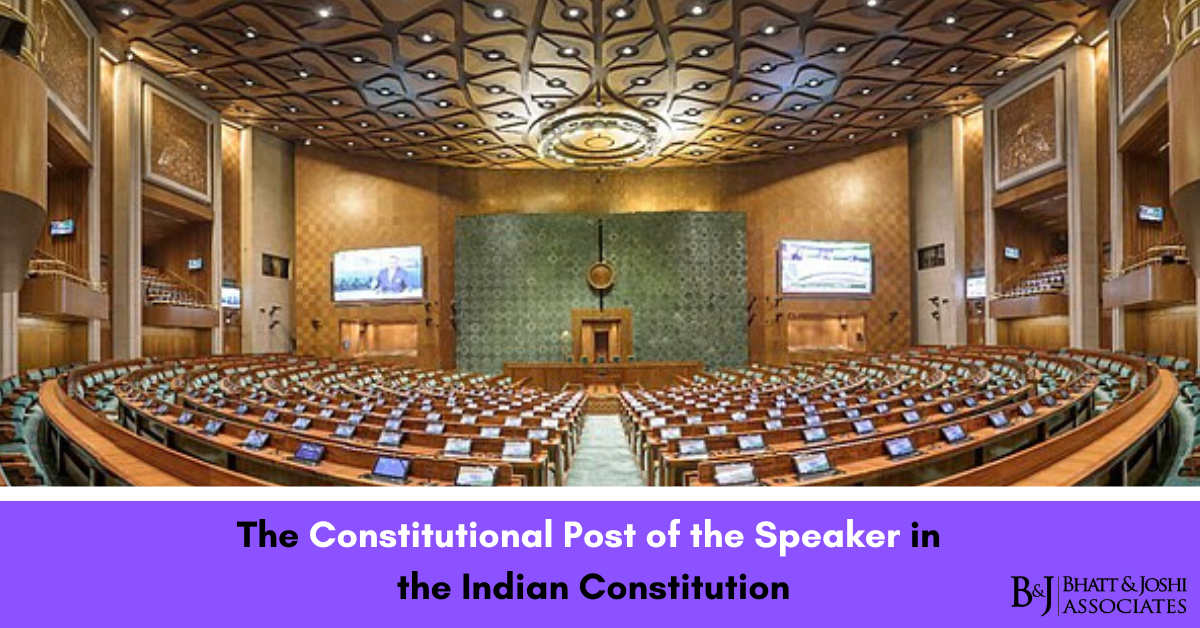Introduction
The Punjab and Haryana High Court recently acquitted a man committing of rape of a woman under the false promise of marriage. The court ruled that the failure to fulfill a promise to marry does not automatically imply that the promise was false from the outset. This article delves into the court’s observations and the legal principles underpinning this significant judgment.
Case Background
The case involved a man accused of committing rape by promising to marry the alleged victim. The accused was initially convicted and sentenced to rigorous imprisonment based on charges under various sections of the Indian Penal Code (IPC) and the Motor Vehicles Act. The appeal was heard by Justice Harpreet Singh Brar.
Significant Court Observations on Rape under False Marriage Promise
Promise of Marriage and Bad Faith*: Justice Brar noted,
“there is no allegation in the testimony or the statement of the victim that when the appellant promised to marry her, it was done in bad faith or with the intention to deceive her.”
Meeting and Elopement: The court observed that the victim had met the appellant only once before deciding to elope with him, making it implausible that the appellant made a false promise after just their second meeting.
Victim’s Voluntary Actions: According to the FIR, the victim left her house voluntarily to marry the accused but ended up being taken to a tubewell where she alleged rape.
Court’s Analysis
Victim’s Testimony and Behavior
The victim’s actions during the period she stayed with the accused indicated consent. The court highlighted,
“A perusal of the testimony of the victim depicts that she was not abducted by the accused against her wishes.”
Legal Definition of Consent
Justice Brar emphasized,
“the absence of consent on the part of the woman is sine qua non to attract the offence of rape as defined under Section 375 IPC.”
He further clarified that a promise to marry, if made in good faith, does not invalidate consent if it later remains unfulfilled due to unforeseen circumstances.
Misconception of Fact
The judgment differentiated between false promises made with malafide intent and promises made in good faith that couldn’t be fulfilled. Justice Brar noted,
“the Supreme Court has observed that there is a distinction between a false promise given by the accused at the very outset when he has no intention of following through and a promise made in good faith that could not be fulfilled due to intervening circumstances.”
Conclusion: Acquittal in Rape Case hinged on Promise of Marriage
The Punjab and Haryana High Court concluded that the evidence did not support the claim that the promise of marriage was made in bad faith or with deceptive intent. Consequently, the court acquitted the appellant, stating,
“The appellant is hereby acquitted of the charges framed against him in the present case and his bail bonds and surety bonds also stand discharged.”














